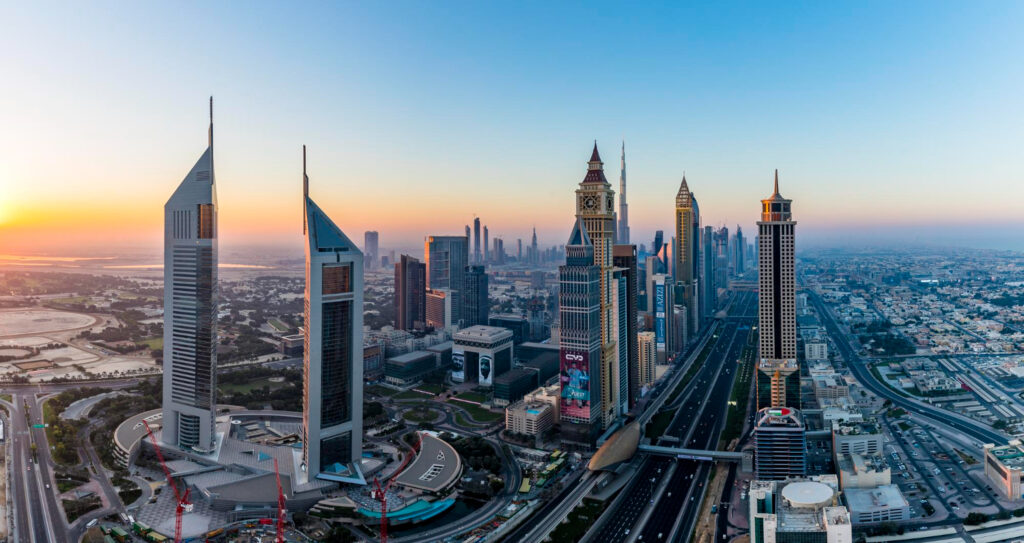Nine million expats live in the UAE right now. That number keeps climbing because the government figured out how to make residency rules actually work for international professionals. Smart policy changes and civil law updates created this growth, not accident.
Most people assume getting UAE residency involves complicated procedures with uncertain outcomes. Reality proves different. Four clear residency visa for expats in Dubai categories cover almost every employment situation expats encounter. Each serves specific needs, from traditional employment to domestic work to high-level professional arrangements.
The process starts with entering on tourist visas, then switching to residence permits once inside the country. This approach gives people time to explore options and secure proper employment before committing to long-term arrangements. Also look for Guide to Buy Your First Home in Dubai as Per Experts
Green Visa for Self-Sponsored Employment
Self-sponsorship changed everything for independent professionals. The Green Visa runs five years without requiring employer or UAE national sponsorship. This freedom appeals to entrepreneurs, skilled workers, and anyone wanting control over their residency status.
Two main categories qualify for Green Visas. Freelancers need permits from the Ministry of Human Resources and Emiratisation, bachelor’s degrees or specialized diplomas, and annual income proof of Dh360,000 minimum from the previous two years. Financial solvency evidence works as an alternative to income documentation.
Skilled employees follow different requirements involving valid employment contracts, classification in first through third occupational levels according to Ministry standards, bachelor’s degrees minimum, and monthly salaries starting at Dh15,000. This residency visa for expats in Dubai particularly benefits professionals who change jobs frequently or run consulting businesses.
Standard Employment Visa Options
Regular employment visas last two years and cover most expat workers throughout the UAE. Employers handle application processes, which removes administrative burdens from employees while ensuring proper sponsorship arrangements.
Private sector workers apply through GDRFA Dubai systems that process applications efficiently. Government employees and free zone workers use separate procedures tailored to their specific employment categories. These different tracks prevent confusion while accommodating various workplace requirements.
Processing speeds depend on documentation quality and employer preparation. Private companies often complete applications faster than government departments because of streamlined internal processes. Free zones sometimes achieve quickest turnaround times through dedicated processing facilities designed for business efficiency.
Golden Visa Long-Term Residency
Golden Visas target high-value professionals through 5 or 10-year arrangements that include exceptional benefits unavailable through other visa categories. Six-month entry periods with multiple entries provide flexibility during application processes. Long-term renewable status eliminates frequent renewal concerns.
Sponsorship independence represents the biggest advantage. Holders can stay outside UAE for extended periods without losing residency status, sponsor unlimited family members including spouses and children of any age, and maintain family residency even after primary holder death.
Academic certificates need attestation from Ministry of Foreign Affairs and International Cooperation according to skill levels. Skill levels 1 and 2 require bachelor’s degrees minimum, levels 3 and 4 need diploma qualifications, while level 5 accepts high school certificates. Professional licenses from relevant authorities complete requirements for doctors, nurses, teachers, fitness trainers, and legal advocates. This premium Dubai residency visa for expats attracts top-tier international talent.
Domestic Worker Visa Regulations
Domestic employment follows specialized rules protecting worker welfare while meeting household service needs. Sponsors must qualify through minimum Dh25,000 monthly salaries, cannot sponsor relatives, must live with families as established UAE residents, and need two registered personal vehicles when sponsoring private drivers.
These requirements ensure sponsors can adequately support domestic workers financially and practically. Visa processing connects worker permits directly to specific household contracts, creating legal frameworks that protect both parties while establishing clear employment expectations.
Worker protections include regulated working hours, proper accommodation standards, and legal recourse for contract violations. These types of residency visa for expats address essential household services while maintaining worker dignity and safety throughout employment relationships.
Conclusion
Residency visa for expats in Dubai policies keep evolving to balance economic growth with social stability. These four visa categories address different professional needs while maintaining security standards and worker protections across all employment sectors.
Recent policy changes demonstrate government understanding of modern workforce requirements. Traditional employment relationships still matter, but independent professionals, investors, and specialized workers need different arrangements that older systems couldn’t accommodate effectively.
Success stories from the growing expat community prove these policies work in practice, not just theory. People build careers, start families, and contribute to UAE development through residency options that match their professional circumstances and personal goals.






